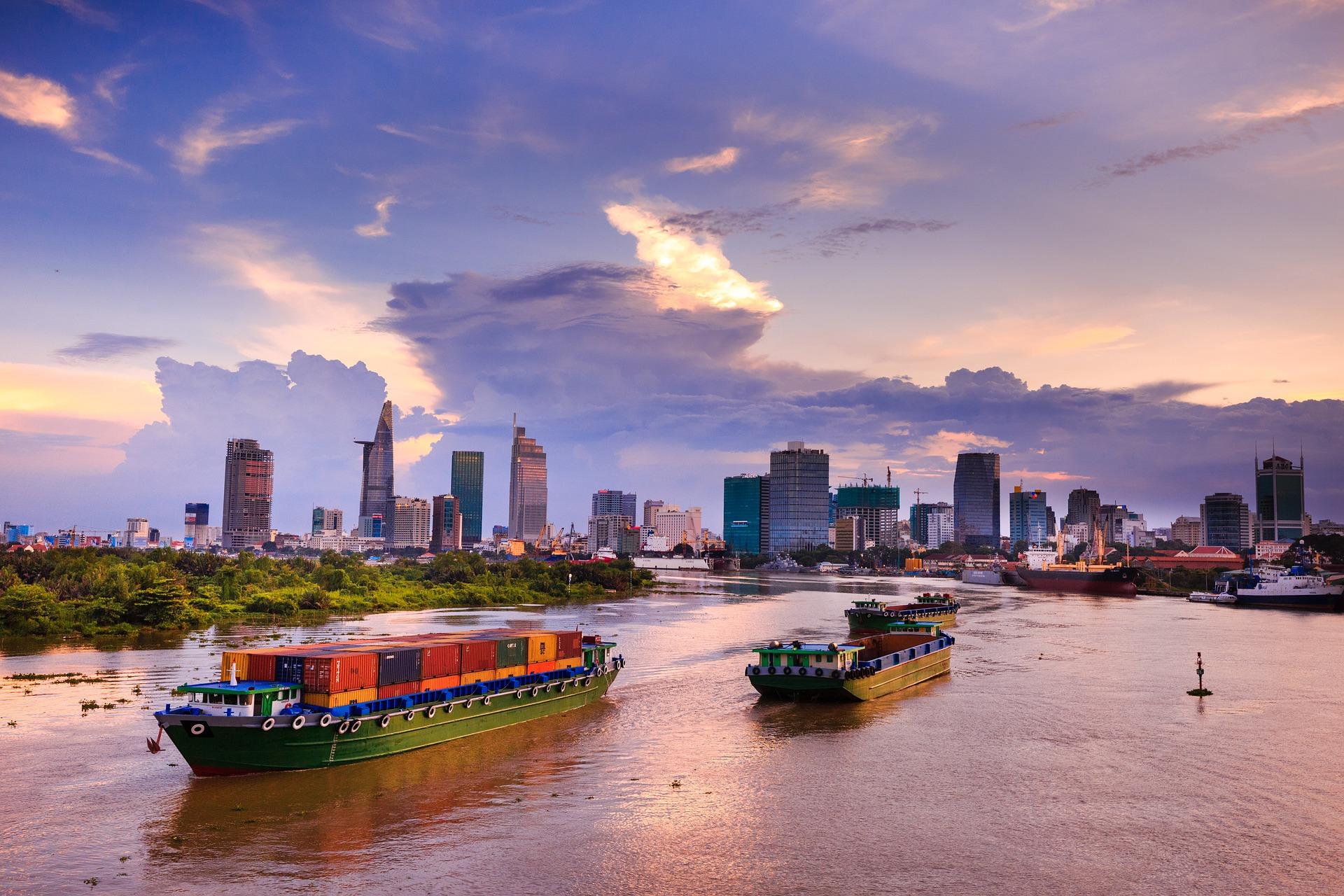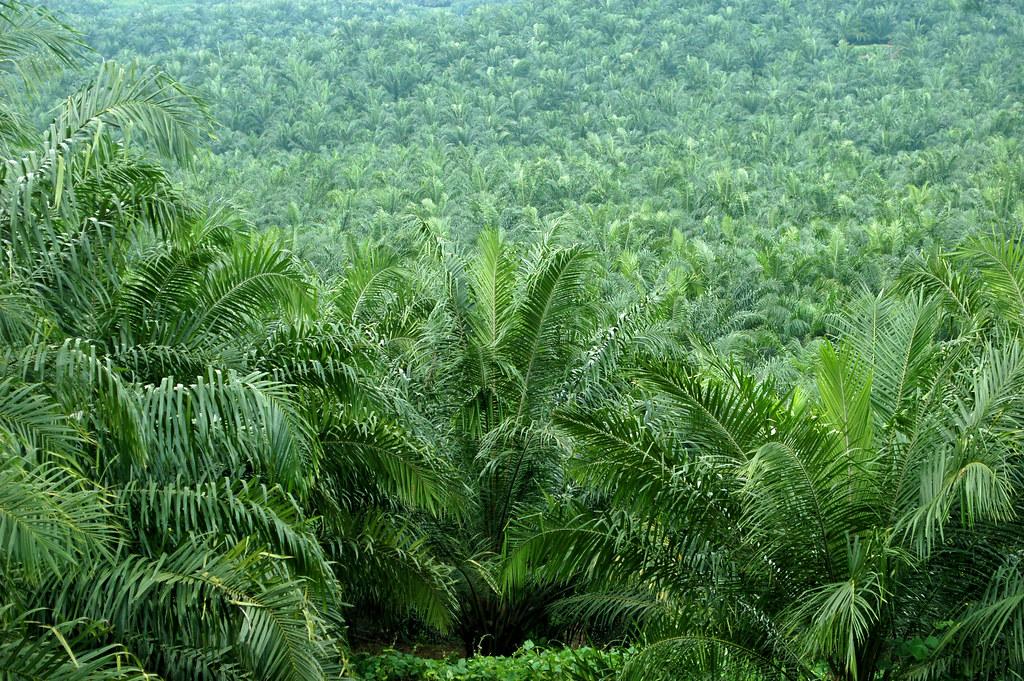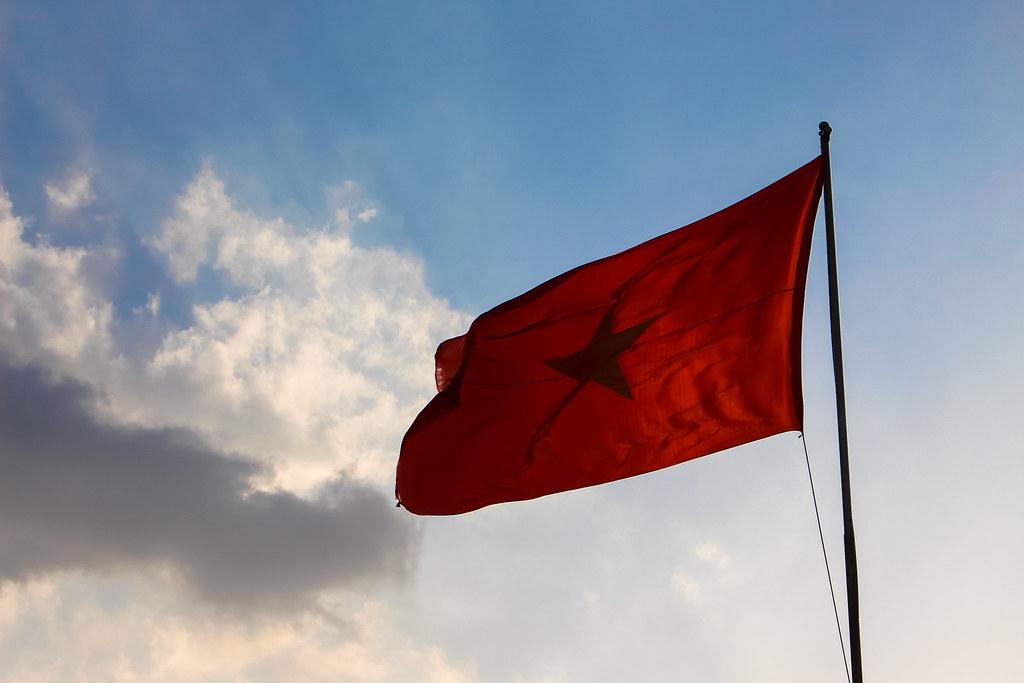
Contemplating the Climate Struggle at COP27 – Examples from Southeast Asia
From 6-18 November 2022 the ancient city of Egypt, Sharm el-Sheikh, was host to the Conference Of the Parties (COP27) of the United Nations Climate Change Conference (UNFCCC). The four principal goals of this year’s COP included 1) Mitigation – essentially implementing the Glasgow Pact; 2) Adaptation – how to adapt the strategies to stay at the forefront of climate action; 3) Finance – how and by whom should disaster-hit states be compensated; and 4) Collaboration between civil society and governments.








